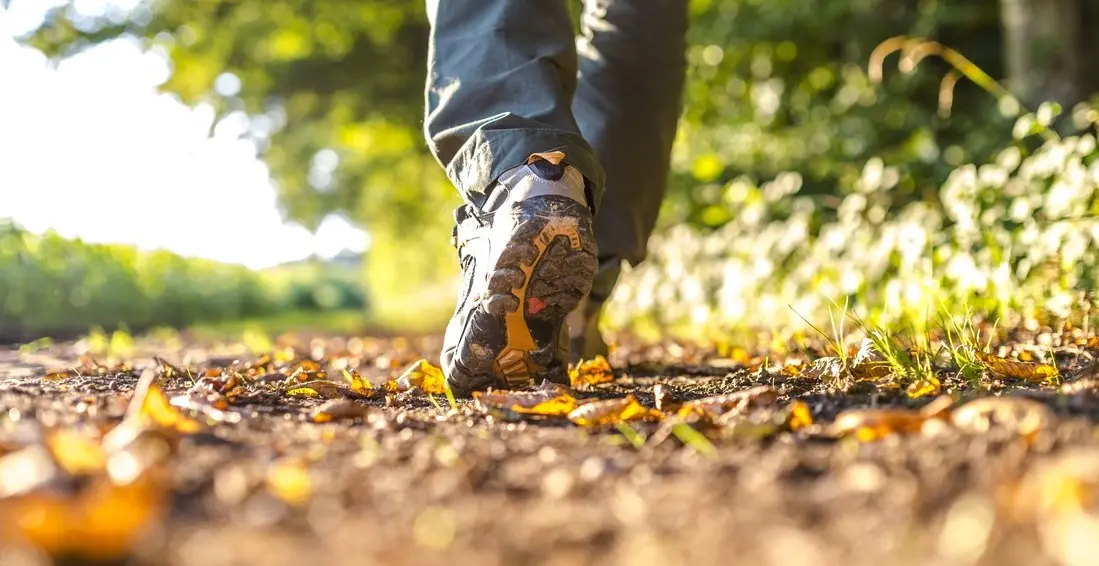
Understanding Cravings and Temptations of Alcohol
It can sometimes be difficult to differentiate between wanting an alcoholic drink and craving an alcoholic drink. When you want a drink, it’s much easier to consciously decide to do something else to take your mind off it. However, when you’re craving alcohol, it can take control of you, making you feel as though you have no other choice but to give in to this craving.
Whilst it may seem impossible to overcome these cravings, there are ways and methods that you can utilise to help reduce your consumption of alcohol and ultimately stop drinking altogether if this is your goal. We often perceive cravings to be specific to the alcohol, but often it’s connected to a trigger or emotion that drinking alcohol gives you.
For many people, alcohol provides comfort, particularly when we’re stressed or bored which is a natural response. When this feeling of comfort and relief is associated with the drink itself, it can become a dependency or alcohol addiction; a way to deal with this is to replace alcohol with something else to break down that association.
A craving to drink alcohol can be recognised by two types of triggers, external and internal. External triggers are often environmental such as places, times of day, or even people that you associate with drinking, offering up a tempting situation.
Whereas internal triggers could appear when you least expect them, often from emotions or memories of sadness, anger, irritation, anxiety, stress, discomfort, or physical pain. It may be useful to keep a diary of when these cravings occur so that you can try to pinpoint what the triggers could be, such as physical sensations like tension or nervousness or psychological emotion like frustration, stress, or excitement.
What triggers a craving for one person may not be the same for another, so understanding your triggers is crucial to your alcohol recovery. One of the most common elements found in alcohol addiction triggers is stress, however, you can still experience unexpected alcohol triggers which makes it trickier to manage.
Coping Strategies for Dealing with Alcohol Cravings
Alcohol addiction and the underlying reasons why someone may become addicted to alcohol are entirely unique to the individual. Therefore, it’s unrealistic to believe that there’s a one size fits all approach to alcohol recovery or to coping strategies.
For the majority, one of the first things we recommend doing when you get a craving to drink alcohol is to simply acknowledge it. Don’t try to ignore it, accept that it’s there and determine what you can do to overcome it.
For most people, the craving for alcohol can last up to 5 minutes and typically eases on its own, however, there are some coping strategies that we’ve found to be useful to help those cravings become more bearable.
As previously mentioned, cravings are often associated with alcohol, so if you can fill that void with something else, it’s possible to break that association with consuming alcohol.
Distracting yourself is a great way to take your mind off the cravings, putting your thoughts and energy into something more positive such as reading, listening to music, watching an uplifting show on TV, cooking, cleaning, taking a long walk, speaking with friends or family, meditation, or spending time perfecting a new skill.
We recommend keeping a list of the distraction techniques you find most effective in an accessible place, so that you’re not having to think too hard about what to distract yourself with during those cravings.
One of the most healthy coping mechanisms which have proven to be effective for a lot of people is practising mindfulness or meditation. This may be because cravings are often triggered by stress or anxiety, as mindfulness and meditation are designed to overcome stress and anxiety, they have the ability to directly influence or lessen your cravings for alcohol.
We recommend changing your environment, trying yoga, or stretching, practising relaxation exercises or deep breathing techniques. These coping strategies are known to improve mental health and create a positive mindset whilst developing a sense of relaxation and self-awareness as you combat your cravings for alcohol.
In addition to these distraction techniques and coping strategies, it’s also crucial that you engage in regular exercise, maintain a balanced diet, stay hydrated, and socialise as much as possible in healthy environments. Maintaining a positive lifestyle by utilising these healthy coping mechanisms will only enhance your strength and well-being as you overcome cravings and temptations for alcohol.
Building a Support System
Having a strong support system and coping with addiction as a family can significantly benefit your road to recovery as you overcome alcohol addiction. We recommend being as open as you possibly can with your friends and family, pushing past your comfort zone and letting your loved ones in.
We see many people in denial about their dependency or addiction to alcohol. This denial can make recovery so much more difficult, not just for yourself but for those around you who will ultimately be struggling a lot more than you may think.
Seeking out professional help and participating in organised support groups is often the key to achieving a long-term recovery. We strongly recommend utilising the skills and knowledge of a therapist in alcohol rehab, particularly one who specialises in substance abuse and alcohol addiction.
A therapist can help you to identify any co-occurring mental health issues, determine what the underlying reasons for your alcohol abuse are, and offer alternative methods of dealing with your triggers.
During these sessions with a therapist, you can also take advantage of cognitive behavioural therapy (also known as CBT), where you’ll be supported in adjusting your mindset and negative thoughts that you associate with cravings for alcohol.
If you’re suffering from severe alcohol addiction, the only way forward is to seek out professional support from an alcohol rehab facility. There is no shame or embarrassment in receiving help; now is the time to create a happier and healthier future for yourself and your loved ones – contact us for help or call 0151 268 6992.
Posted on Tuesday, February 28th, 2023 at 11:29 am in Alcoholism, Latest News.






 Call Us
Call Us Contact Us
Contact Us